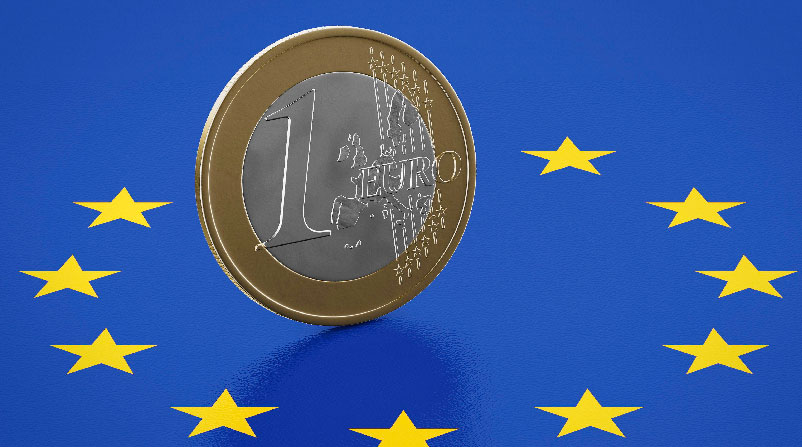The EU’s executive body has recommended that Ireland should “take all necessary measures to effectively address the pandemic, sustain the economy and support the ensuing recovery.”
It suggests that “When economic conditions allow” the Irish Government should “pursue fiscal policies aimed at achieving prudent medium-term fiscal positions and ensuring debt sustainability, while enhancing investment. Improve accessibility of the health system and strengthen its resilience, including by responding to health workforce’s needs and ensuring universal coverage to primary care.”
The recommendations are detailed in the Commission’s response to the Irish Government’s submission of its National Reform Programme and Stability Programme Update in April.
“The socio-economic consequences of the pandemic are likely to be unevenly distributed across regions due to different specialisation patterns. This entails a substantial risk of widening regional disparities within Ireland. Combined with the risk of a temporary unravelling of the convergence process between Member States, the current situation calls for targeted policy responses,” the Commission says.
The Commission recommends that the Irish Government supports “employment through developing skills. Address the risk of digital divide, including in the education sector” and “increase the provision of social and affordable housing”.
“Continue to provide support to companies, notably small and medium-sized enterprises, especially through measures ensuring their liquidity. Front-load mature public investment projects and promote private investment to foster the economic recovery. Focus investment on the green and digital transition, in particular on clean and efficient production and use of energy, sustainable public transport, water supply and treatment, research and innovation and digital infrastructure,” it says.
The Commission recommends Ireland should prioritise mature public investment projects and promote private investment to foster the economic recovery.
It advises investment should be made to facilitate a green and digital transition, in particular on clean and efficient production and use of energy, sustainable public transport, water supply and treatment, research and innovation and digital infrastructure.
“The restart of the economy requires that Ireland advances on its ambitious environmental, climate, energy and infrastructure investments. Ireland has lagged behind so far in tackling decarbonisation. Greenhouse gas emissions in transport and buildings are high and have remained on a rising trend. Ireland will fall short of the 2020 energy efficiency and renewable energy targets. Housing affordability is a problem for many households and inflation in the rental sector is persistently high. Improved infrastructure, combined with spatial planning, could be a critical enabler for improving housing supply,” it stated.
At the presentation of the EU’s periodic advice to Member States, European Commissioner for the Economy Paolo Gentiloni said, “Our recommendations present, first and foremost, the immediate challenges we are confronted with as a direct result of the pandemic: strengthening our healthcare systems; supporting our workers; and saving our companies. We need to help individuals and companies absorb the shock. We need to repair the shortfall in investment and equity. And we need to transform our economies, with a new growth model embracing the green and digital transition.”

